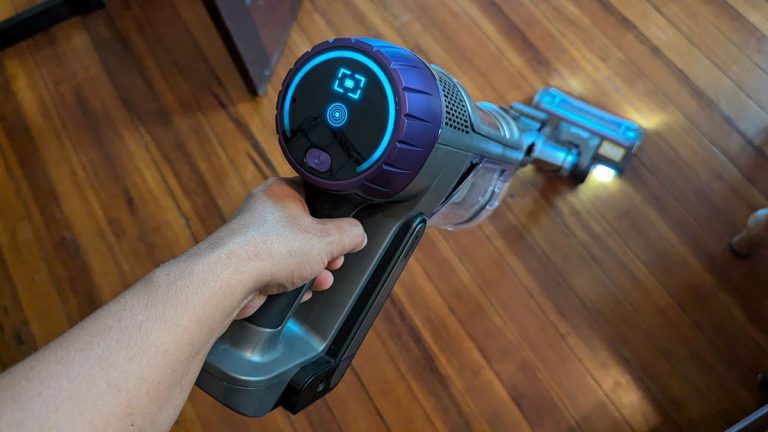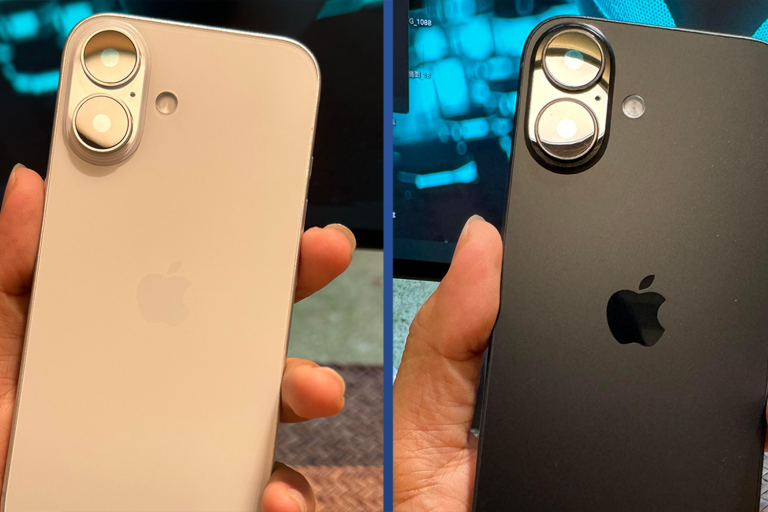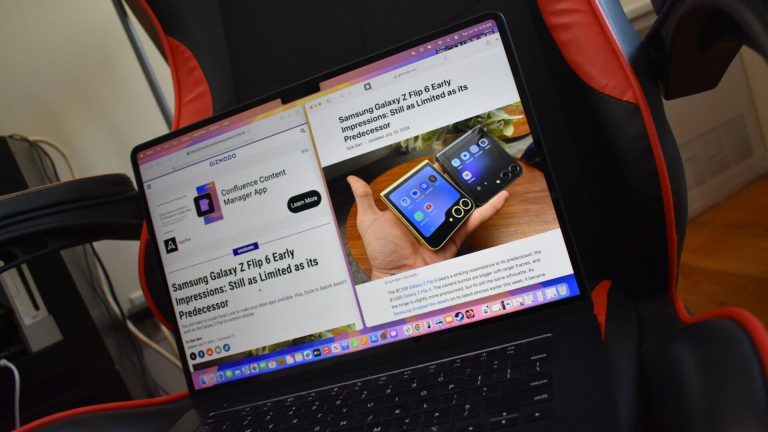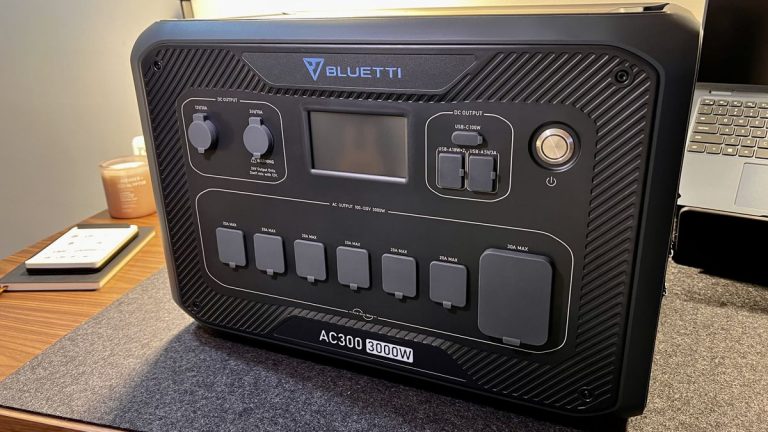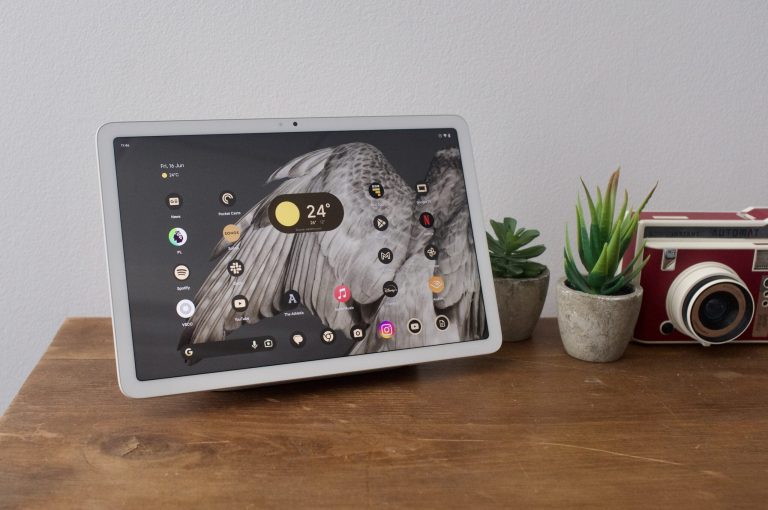Humane’s AI Pin Is Seeing More Returns Than Sales, Report Says
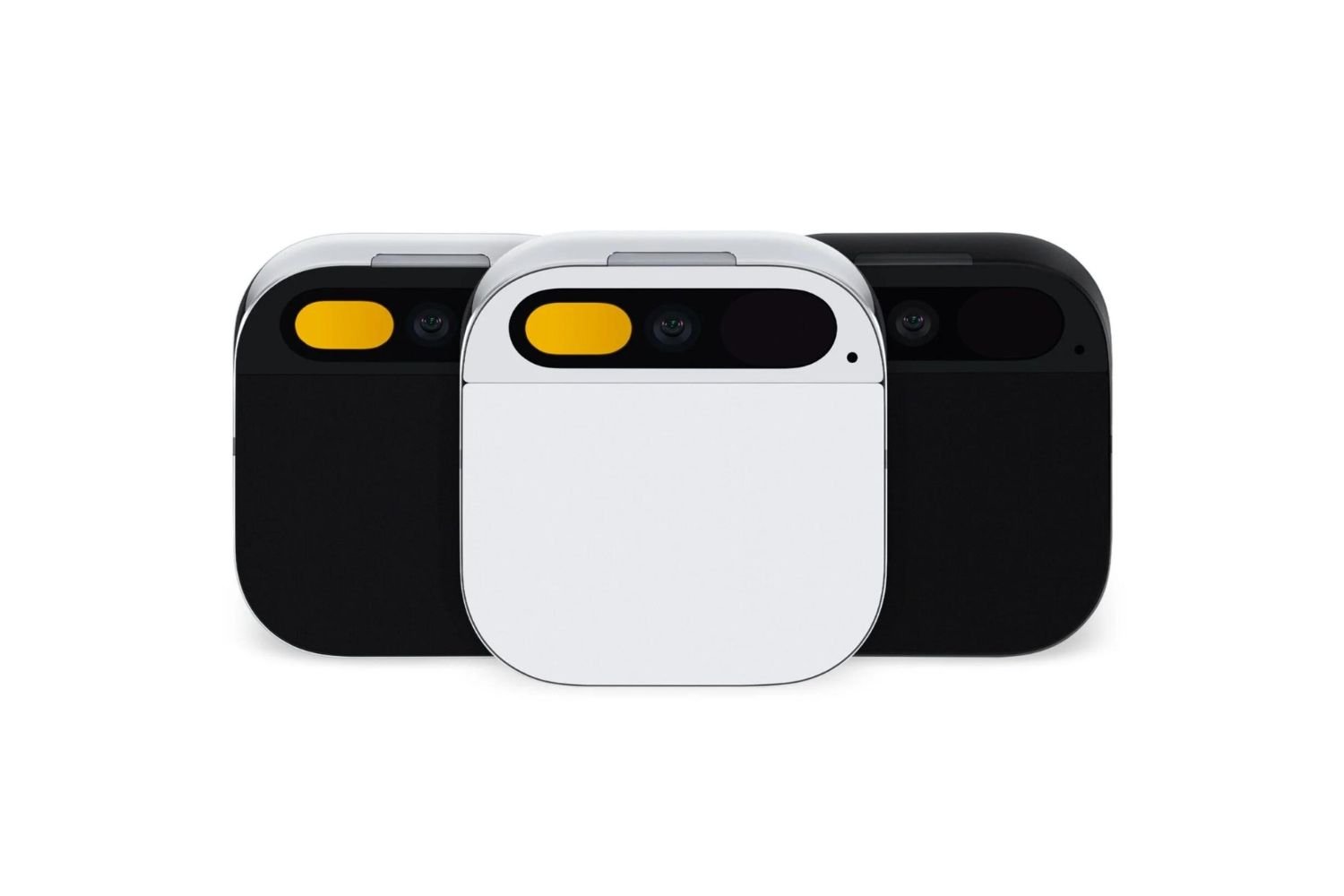
Labeled the “worst product ever reviewed” by renowned tech YouTuber Marques Brownlee, Humane’s AI Pin saw a pretty rough start. Somehow, things only got worse for the AI gadget.
The Pin has recently been seeing more returns than sales, according to The Verge on Wednesday. In June, only about 8,000 units had not been returned, and as of Wednesday, that figure has fallen by another 1,000 meaning only around 7,000 units are still with their buyers, the report says.
Humane expected to sell around 100,000 Pins within its first year, but could only manage to sell around 10,000, according to a report from the New York Times back in June. That’s an incredibly stark difference, but nothing too surprising looking at all the negative feedback the Pin garnered in its first few months. We didn’t get our hands on the device but reviews for it claimed the Pin is buggy, slow, and battery life of just a few hours.
As if its $700 price wasn’t too high to begin with, it also required buyers to pay $24 for a T-Mobile unlimited data plan that also included cloud storage. Ambitiously enough, it used a projection interface which was also kind of a flop. Apparently, the projection wasn’t clear enough outdoors.
Another outrageous fact is that Humane significantly overestimated their product and its capabilities and reportedly raised a massive $200 million from investors. The company only managed to sell $9 million worth of Pins, out of which $1 million worth has already been returned. Back in May, Humane was looking for a buyer of the company with a price of up to $1 billion.
What was supposed to be a game-changing gadget designed to, in Humane’s words, work as “your second brain” quickly saw a dramatic demise. Humane isn’t the only company we’ve seen this happen with. In fact, Rabbit’s R1 was an even bigger flop, initially featuring more issues than we could count on our fingertips. Guess this is just the consequence of overdoing AI. Like Brownlee said, it’s better to keep AI as a feature for now. Selling it as a product isn’t really working so far.
Source: gizmodo.com

